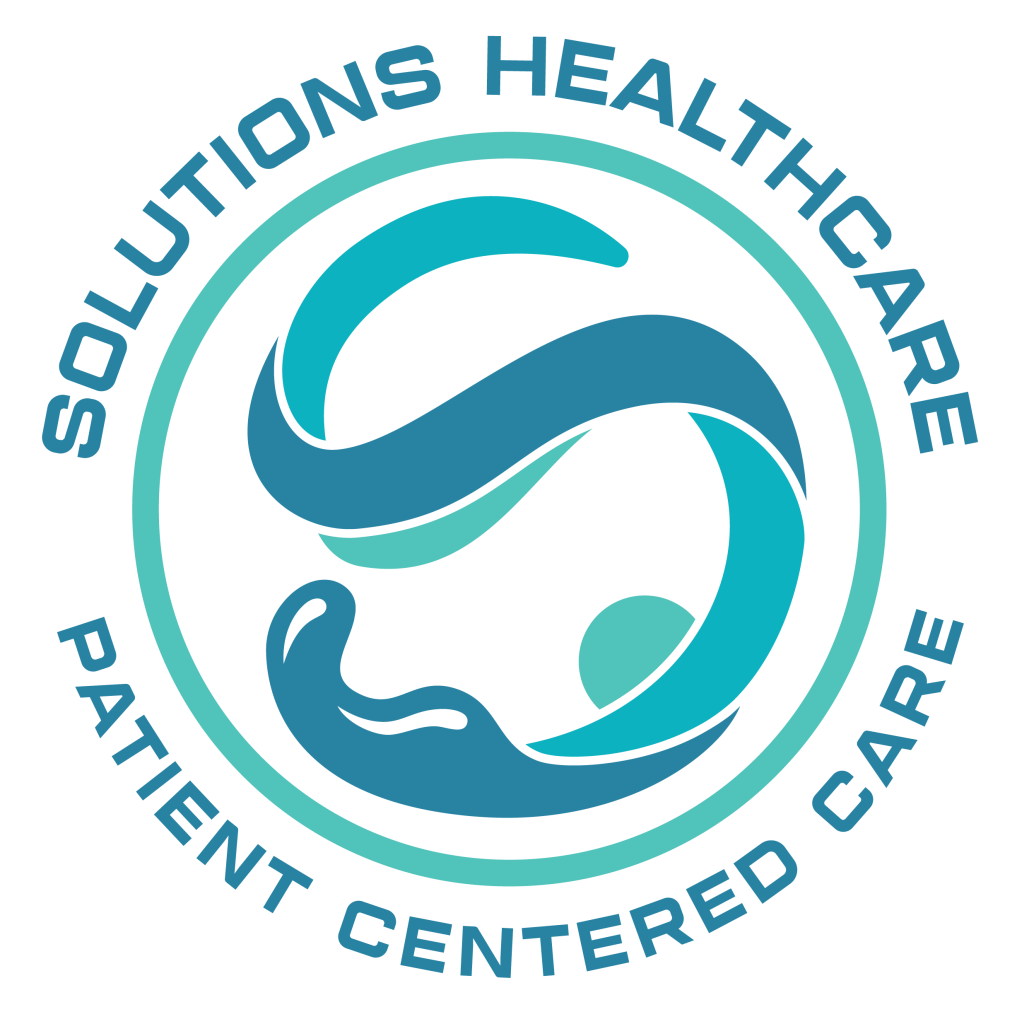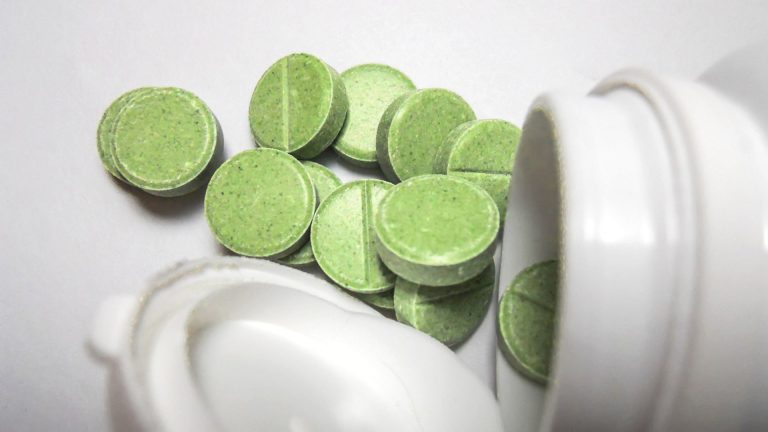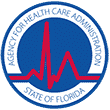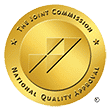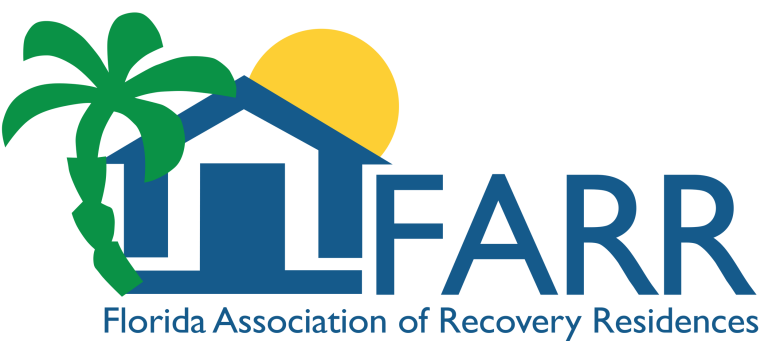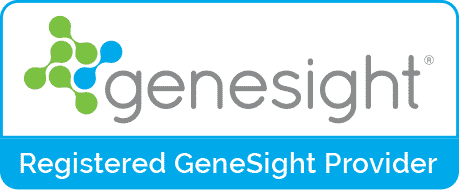Watching a loved one struggling with addiction is hard. Often, a person who is struggling with substance use disorder is in a state of denial about their condition. No matter how many people around them urge them to seek treatment, they still refuse help.
At this point, you may feel it is necessary to stage an intervention for your loved one or even explore the possibility of having them involuntarily committed. Some states have involuntary commitment laws that allow others to file a petition on behalf of someone they are concerned about to receive involuntary treatment. Florida is one such state that has a law known as the Marchman Act, which allows family members or friends to force their loved one into a treatment program.
What is the Marchman Act?
The Florida Marchman Act, officially referred to as Florida’s Substance Abuse Impairment Act, is a legal framework that enables individuals to compel loved ones to enter substance abuse treatment facilities. It permits family members to file a petition with the court to have a person admitted for treatment, even if that person does not consent.
This legislation aims to facilitate access to court-ordered rehabilitation and essential medical services for those struggling with substance abuse, mainly when they are reluctant to seek help on their own.
Who Qualifies for the Marchman Act?
To compel someone to attend rehab in Florida, it’s essential to ensure that the individual meets the requirements of the Marchman Act. Simply refusing help is not enough for a court to mandate rehab. Instead, the person must satisfy one of the following three criteria:
- Your loved one can no longer control their substance use and can benefit from treatment by medical professionals.
- Your loved one has caused harm or attempted to cause harm to themself or others.
- Your loved one needs treatment but can no longer make sound decisions due to substance abuse, making them mentally impaired.
If your loved one shows signs that concern you, it may be time to intervene by filing a petition for involuntary commitment. You’ll need support from a spouse, guardian, relative, or at least three adults who are aware of their substance abuse challenges. This collaborative effort can help pave the way for the care they need.
100% Confidential Support is Available 24/7
No matter what you’re going through, you’re not alone. Our dedicated team is here to provide a safe, judgment-free space where you can talk openly and honestly. Whether you need emotional support, resources, or just someone to listen.
We’re here for you—completely confidential and always respectful of your privacy. Call us today!
Do You Have to be a Florida Resident?
The Marchman Act is a Florida law allowing individuals to petition for court-ordered rehabilitation for those struggling with substance abuse. Notably, the person needing treatment does not have to be a Florida resident; anyone in the state who qualifies for involuntary commitment can be subject to the Act. This flexibility helps individuals from across the U.S. access necessary support and treatment.
Contact Solutions Healthcare
Battling with Drug and Alcohol Addition? Remember, you are not alone and we are here to help you!
Is an Attorney Necessary?
Even when legal options are available, people often hesitate due to attorney costs. Fortunately, in Florida, you don’t need an attorney to petition for the Marchman Act; you just need three adults with first-hand knowledge of the person’s addiction.
Navigating the path to getting a loved one into a treatment program can be incredibly challenging. Seeking a lawyer’s expert guidance can make a difference in this journey. They can help you understand the complexities of civil procedures, which can sometimes feel overwhelming.
Unfortunately, some families have their Marchman Act petitions denied simply because they didn’t have the necessary evidence. A compassionate lawyer will be by your side, ensuring that you have everything you need to be prepared before your court hearing so that you can focus on what matters most: supporting your loved one in their time of need.
Another important reason to consider hiring an attorney is that your loved one, whom you’re hoping to encourage to enter rehab, has the right to a fair trial. The court will appoint an attorney to represent them, whose main role is to advocate for their best interests, including seeking a dismissal of the case and avoiding mandatory rehab.
Having an experienced attorney by your side can provide valuable support in this challenging situation, which may help you navigate the complexities of the process with compassion and understanding.
Other Options for Involuntary Commitment
The Marchman Act is the primary civil procedure in Florida for mandating rehabilitation for substance abuse. While it specifically targets those struggling with addiction, there are other options available for obtaining court-ordered rehab for a loved one. They are as follows:
- Protective Custody Procedure: This is not an arrest. Instead, a police officer takes a person to treatment if they need involuntary admission.
- General Involuntary Admission: A person may be admitted to rehab if there is evidence indicating impairment and a potential issue with drugs or alcohol.
- Physician’s Certificate Procedure: A physician who assesses an individual and determines that treatment is necessary can complete a certificate as part of the Marchman Act. This document is filed to indicate that the person requires assistance.
- Emergency Admission Procedure: In emergencies, someone familiar with a loved one’s substance abuse can initiate the Emergency Admission Procedure to seek involuntary rehab treatment.
- Extension of Involuntary Treatment: If someone has received treatment under the Marchman Act and needs more care, service providers can file a new petition to extend treatment before the initial order expires.
Find Help for Your Loved One Today
Addiction is a deeply painful condition that impacts not just the individual but everyone around them. If someone you care about is struggling with substance abuse and is unwilling to seek help, your next step might be to consider involuntary treatment at a rehab program in Florida.
If you want to know more about involuntarily committing a loved one, our care coordinators at Solutions Healthcare have the resources and experience to help you get started. Don’t wait another day to get help for your loved one; reach out today.
References
- National Library of Medicine: Civil Commitment for Substance Use Disorder Patients Under the Florida Marchman Act: Demographics and Outcomes in the Private Clinical Setting
- State University System of Florida Board of Governors: Fundamentals of the Marchman Act

